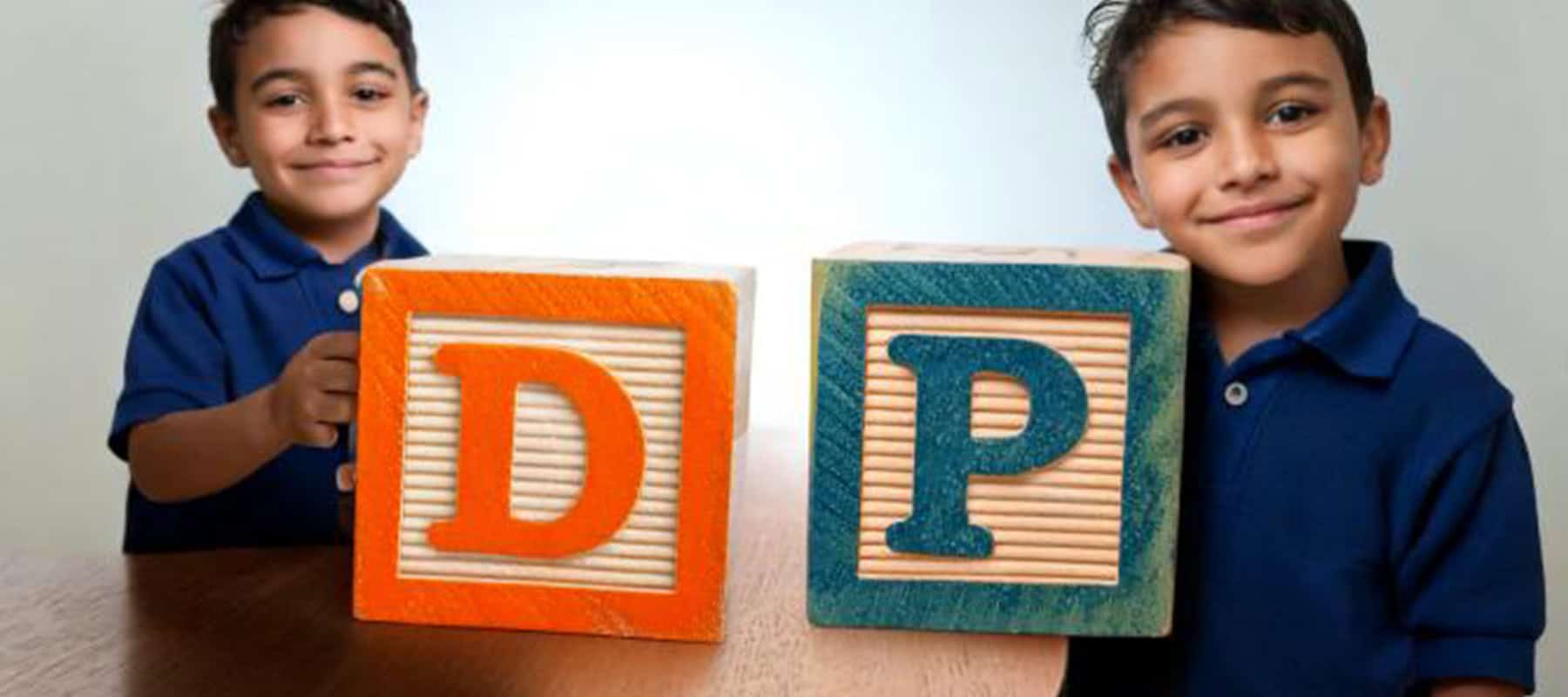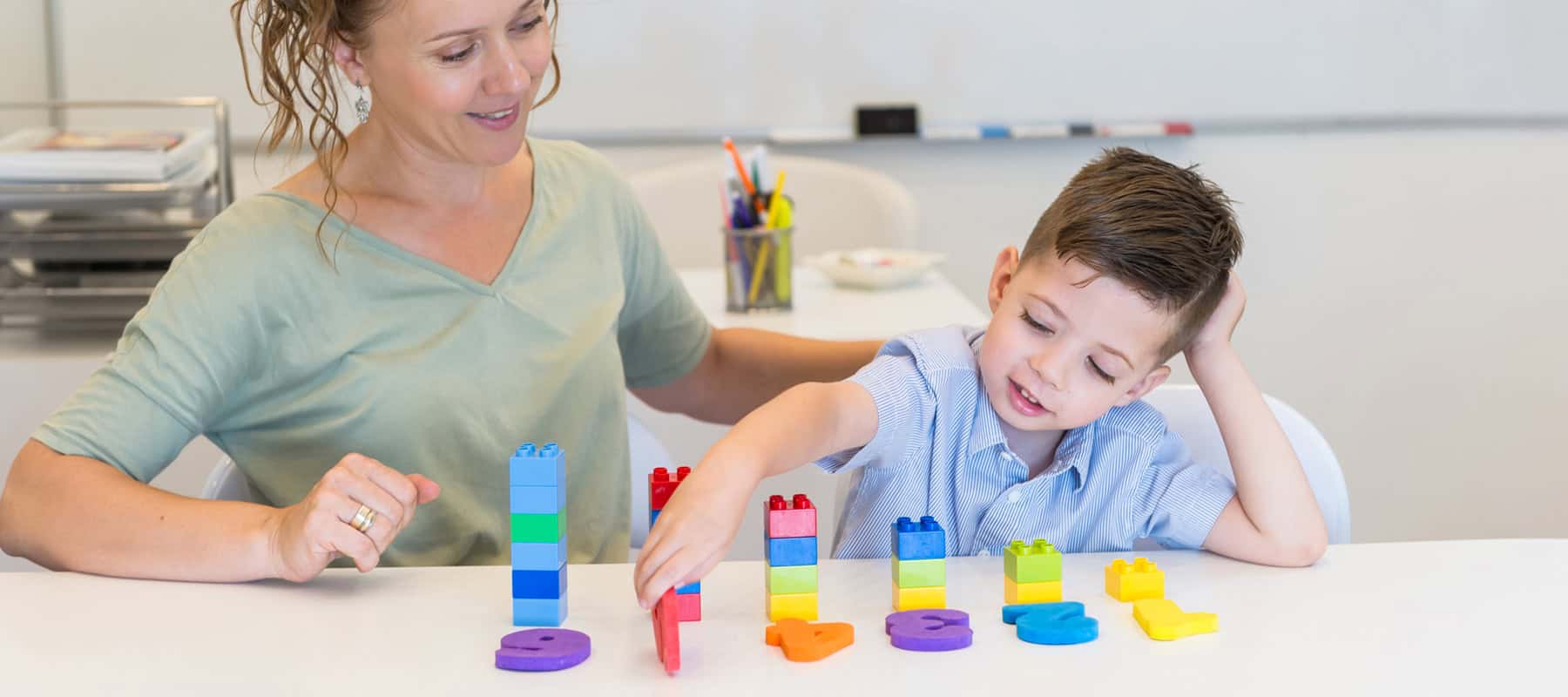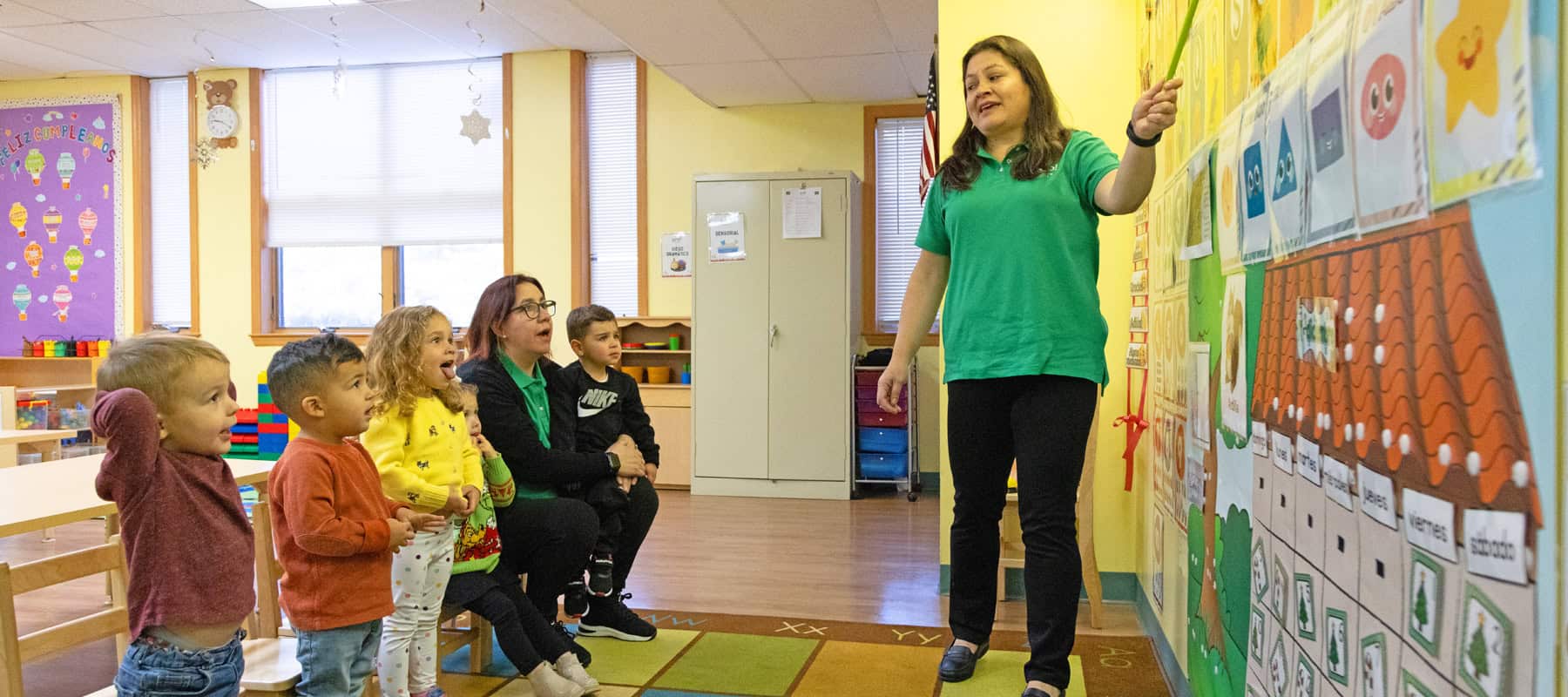Introduction
For parents wondering about the difference between daycare and preschool, understanding the key distinctions in structure, curriculum, and learning approaches is essential. Many families ask, ‘Is preschool better than daycare?’, especially when considering the best age to start preschool. This guide compares daycare vs. preschool to help you make an informed decision.
Table of Contents
- Key Differences Between Daycare and Preschool
- Is Preschool Better Than Daycare: Understanding the Benefits
- What to Consider When Choosing a Program
- What Makes Jump! Immersion School a Unique Preschool vs. Daycare?
- Why Families Choose Jump
- FAQs
Key Takeaways
- Educational Approach: Daycares focus on flexible, play-based care, while preschools emphasize structured learning for kindergarten readiness.
- Age Groups & Schedules: Daycares serve infants to elementary-aged kids year-round; preschools cater to ages 2.5–5 with a school-year calendar.
- Teachers & Class Sizes: Preschool teachers typically have specialized training, and classes are often smaller for individualized instruction.
- Choosing the Right Fit: Consider teaching style, environment, reliability, and services to match your child’s needs and family schedule.
Choosing Between Daycare and Preschool: What’s Best for Your Child?
For parents of young children, deciding between daycare and preschool is an important decision. Both offer valuable benefits, but they often differ in structure, focus, and approach to early childhood care and education. Knowing these differences can help you choose the best fit for your child and family. In this post, we’ll explore the differences between daycare and preschool and share tips on what to look for when choosing the right program for your child.
What is the Difference Between Daycare and Preschool?
- Daycare vs. Preschool Curriculum: Learning & Development
Daycares typically offer a more flexible, play-centered environment focused on care and social interaction. Preschools, on the other hand, follow a structured curriculum focused on literacy, math, science, and social skills designed to prepare children for first grade. - Age Range and Schedule
Daycares often accommodate children from infancy through elementary school and may offer full-day, year-round care. Preschools usually serve children from ages 2.5 to 5 and follow a school-year calendar with set hours, like elementary schools. - Teacher Qualifications and Class Size
Daycare staff are typically trained in childcare, while preschool teachers often have specialized education in early childhood development and teaching. Preschools may also have smaller class sizes to allow for more individualized attention.
Is Preschool Better Than Daycare? Understanding the Benefits
1. Structured Learning Environment
A key distinction in the daycare vs. preschool debate is structure. Preschools follow a set curriculum designed to introduce early math, literacy, and problem-solving skills, giving children a strong educational foundation. Daycares tend to focus more on free play and basic care.
2. School Readiness
Since preschools mimic a classroom setting, children get used to routines, following instructions, and socializing in a learning-focused environment. This makes the transition to kindergarten smoother and can help parents determine the best age to start preschool for their child.
3. Qualified Teachers
Preschools often have teachers with early childhood education training, ensuring that children receive developmentally appropriate instruction. In the difference between daycare and preschool, one major factor is that daycare staff may not always have the same level of education-focused training.
4. Social and Emotional Development
While both daycare and preschool encourage socialization, preschools emphasize structured interactions, cooperative play, and emotional regulation—important skills for kindergarten and beyond. This is why some families ask, “Is preschool better than daycare?” for their child’s long-term development.
5. Focus on Independence and Critical Thinking
Preschool activities encourage children to problem-solve, make choices, and develop independence—skills that help them in school and life. If you’re deciding between daycare and preschool, consider how much structured learning and independence-building you want for your child.
What to Consider When Choosing a Program
Every family’s needs are different, and it’s essential to find a program that aligns with your child’s personality, learning style, and your family’s schedule. Here are a few key factors to keep in mind:
- Program Philosophy: Does the program emphasize structured learning, play-based exploration, or a combination?
- Teacher Credentials and Turnover: How experienced and consistent is the staff?
- Daily Routine: Does the schedule meet your child’s need for structure, flexibility, or a mix of both?
- Environment: Is it a warm, welcoming space where your child will feel safe and supported?
- Space and Facilities: Is there enough space for children to play, explore, and learn comfortably, both indoors and outdoors?
- Age-Appropriate Grouping: Are children grouped by similar ages to ensure instruction is developmentally appropriate?
- Religious Affiliation: Some programs have a religious component that may influence the curriculum and daily activities. Consider whether this aligns with your family’s values and preferences.
- Reliability: Is the program dependable in terms of consistent hours, holiday schedules, and availability during inclement weather?
- Additional Services: Does the program offer before and after school care or language enrichment?
What Makes Jump! Immersion School a Unique Preschool Option?
If you’re exploring preschools, Jump offers some distinct advantages. Jump provides a well-rounded program that includes:
- Before and After School Care: Flexible options for working families.
- Structured Learning: A curriculum that balances academics and play.
- Kindergarten Preparation: Helping children build confidence and readiness for the next step.
- Low Staff Turnover: Consistent, experienced educators who truly get to know your child.
Why Families Choose Jump
Jump stands out among other preschools because of its caring, inclusive environment and commitment to quality education. Highlights of our program include:
- Great Value: High-quality education at an affordable price.
- Bilingual Program: Early language exposure in Spanish and Mandarin.
- Caring Learning Community: A supportive space where every child is encouraged to thrive.
We invite you to tour Jump and see how we can support your child’s learning journey. Come meet our staff, explore our classrooms, and discover how Jump can help your child grow and succeed!
Frequently Asked Questions
- What is the best age to start preschool?
Most children start preschool between 2.5 and 5 years old, depending on their readiness. Signs include following instructions, socializing with peers, and showing curiosity about learning. - How do I know if my child is ready for preschool? If your child shows interest in structured activities, follows simple instructions, and enjoys socializing with peers, they may be ready for preschool.
- What is the main difference between daycare and preschool? Daycares primarily provide care and play-based learning, while preschools focus on preparing children academically and socially for kindergarten.
- How does the daycare and preschool curriculum compare?
Daycare focuses on play-based learning and flexible care, while preschool follows a structured curriculum that builds early academic and social skills to prepare children for kindergarten. - What are the biggest preschool benefits over daycare?
Preschool offers a stronger academic foundation, structured learning, qualified teachers, and a focus on social, emotional, and critical thinking skills—all of which help with kindergarten readiness. - Do preschools offer full-day programs? Some preschools provide half-day or full-day options, though they typically follow a school-year schedule rather than year-round care like daycares.
- Are preschool teachers more qualified than daycare staff? Preschool teachers often have specialized training in early childhood education, while daycare staff may focus more on general childcare training.
- Why should I consider Jump! Immersion School for my child? Jump offers a bilingual program, structured learning, a nurturing environment, and additional services such as before and after school care, making it a great choice for early childhood education.




